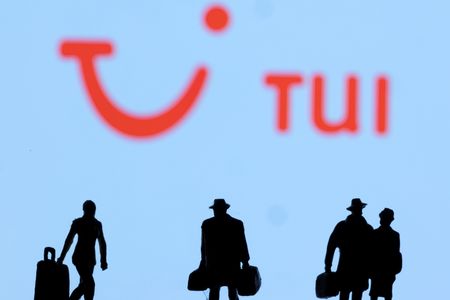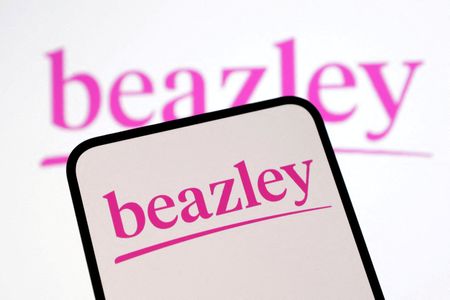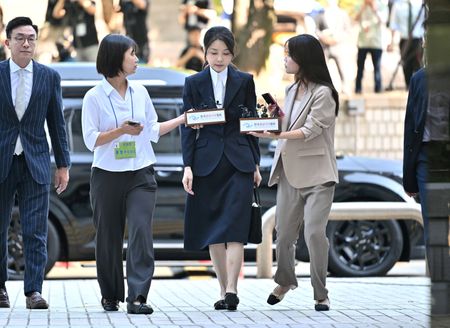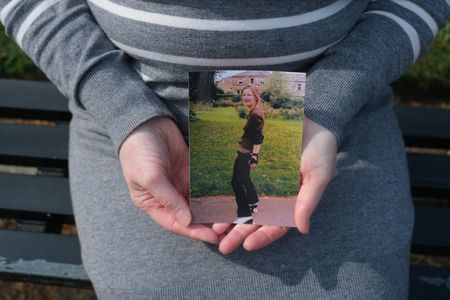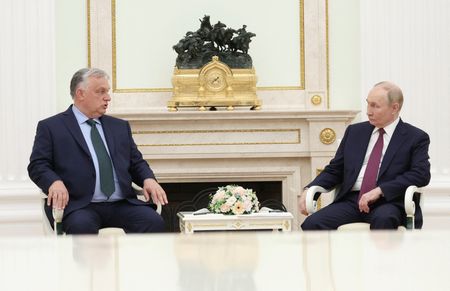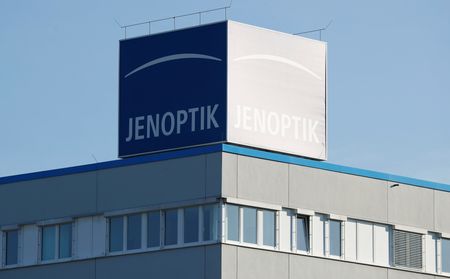By Ilona Wissenbach, Rachel More and Joanna Plucinska
FRANKFURT/BERLIN/LONDON (Reuters) -Europe’s largest tour operator TUI reported better-than-expected results on Wednesday as summer travel proved more resilient after Chief Executive Sebastian Ebel previously warned that 2025 could be a “challenging” year for the group.
European airlines broadly performed well during the second quarter as concerns about a dip in travel demand appeared to have had a limited impact on results.
TUI reported underlying earnings before interest and tax (EBIT) of 321 million euros ($375 million) in its quarter ended June 30, compared with the 269 million euros expected by analysts polled by LSEG, and up 38% on the previous year.
Revenue in TUI’s third quarter across all segments stood at 6.2 billion euros, gaining 7%.
The group raised its full-year profit guidance on Tuesday, after strong hotel and cruise demand boosted the business so far this year, sending shares up.
“The third quarter and the first nine months of the financial year 2025 were strong. Our strategy is paying off,” Ebel said in a statement on Wednesday.
The company acknowledged that the environment for its airlines business remained difficult.
In the previous quarter, TUI had flagged a slight drop in summer bookings, amid concerns that inflation and macroeconomic worries could weigh on consumer appetite for travel.
While there was a 2% decline in summer bookings tied to the Middle East conflict, ticket prices were up 3%, helping to balance out higher costs, according to a media presentation.
European travellers, making up the core base of TUI’s customers, tend to be more price-sensitive than North American travellers.
German bookings were also down 5% due to hot weather, Ebel told reporters on a media call, but added that he expected more customers in the autumn.
TUI has expanded in Asia and Central Europe in an effort to diversify and bring in new revenue streams.
($1 = 0.8559 euros)
(Reporting by Rachel More, Joanna Plucinska and Ilona Wissenbach; Editing by Miranda Murray and Rachna Uppal)

